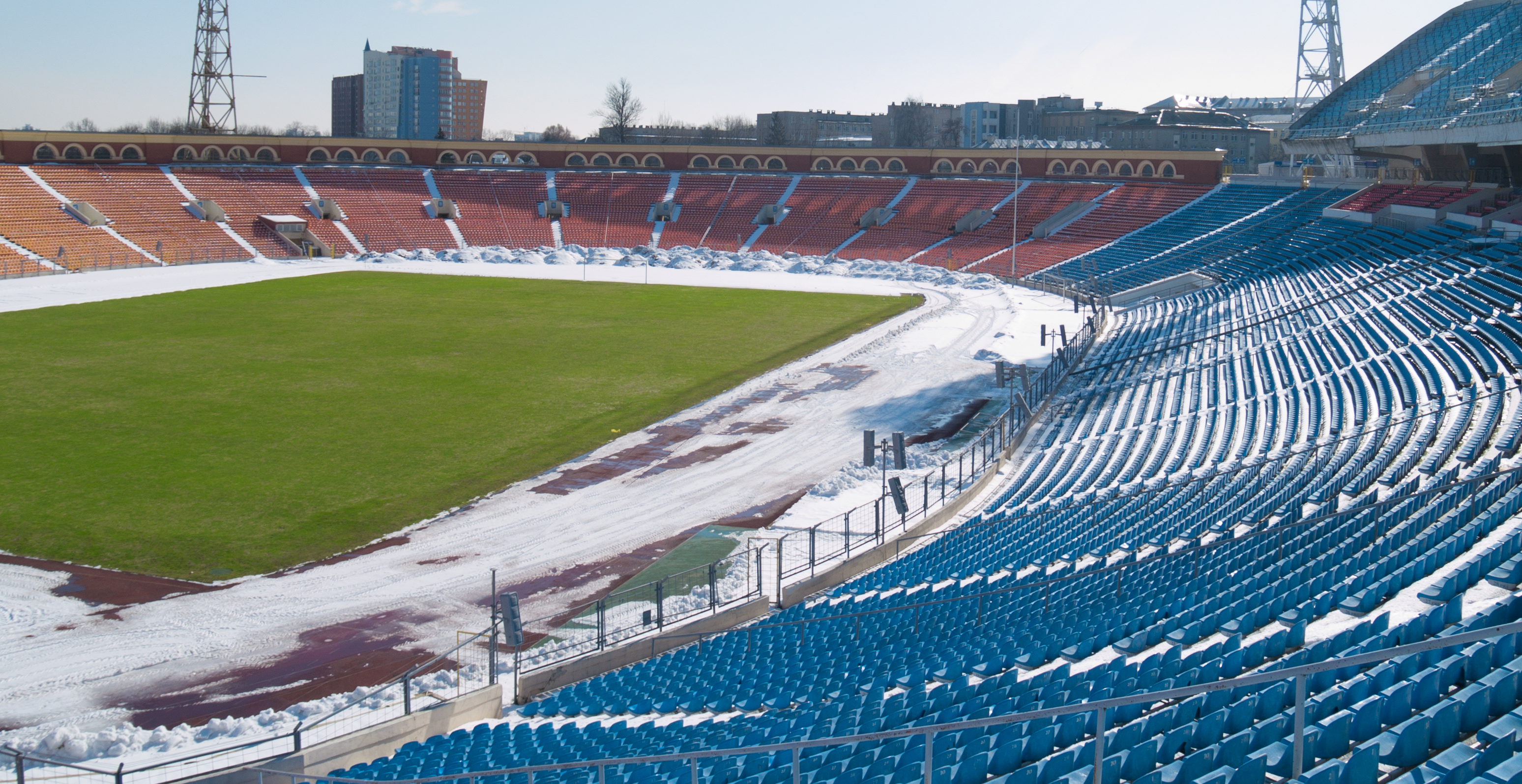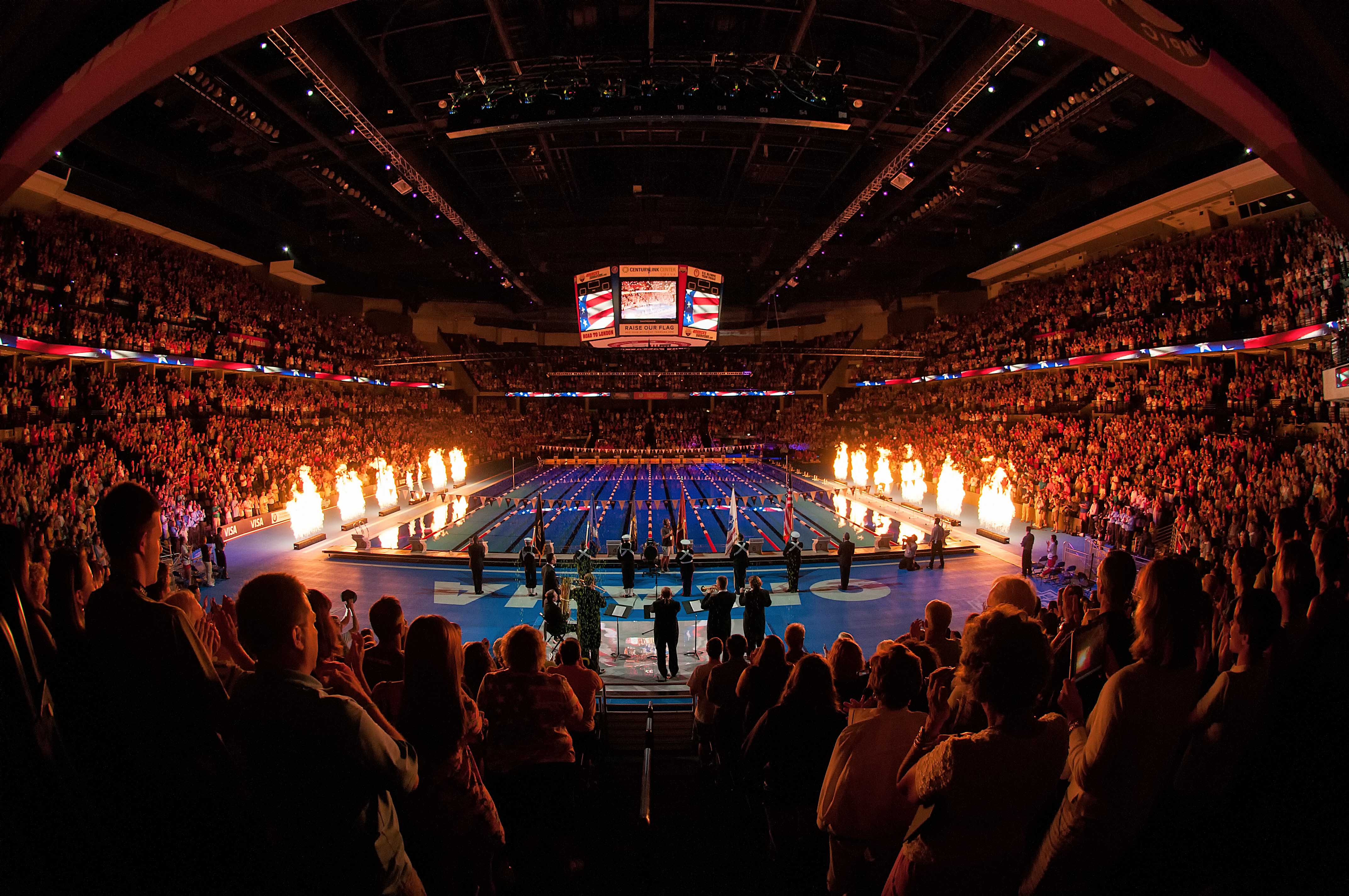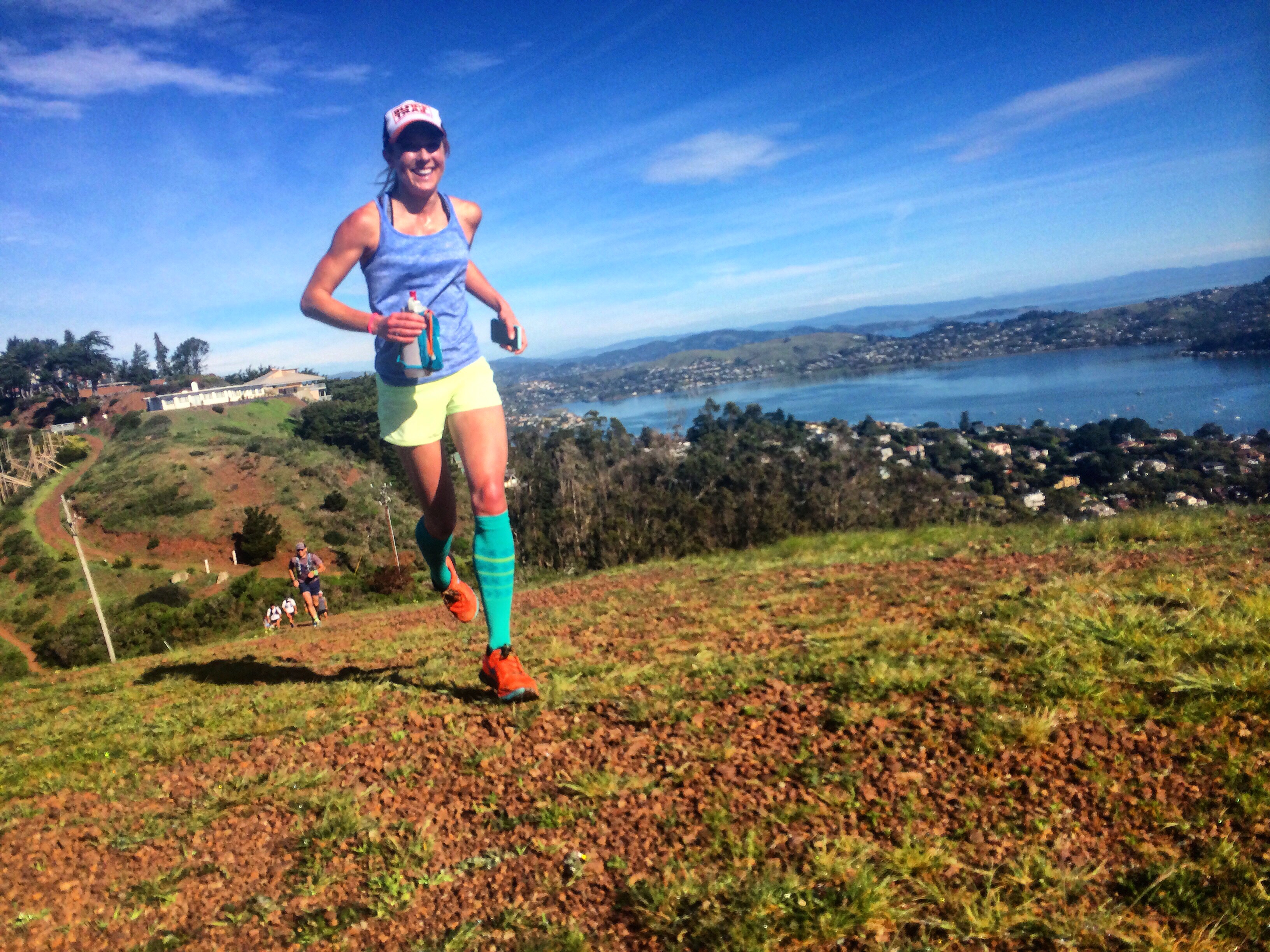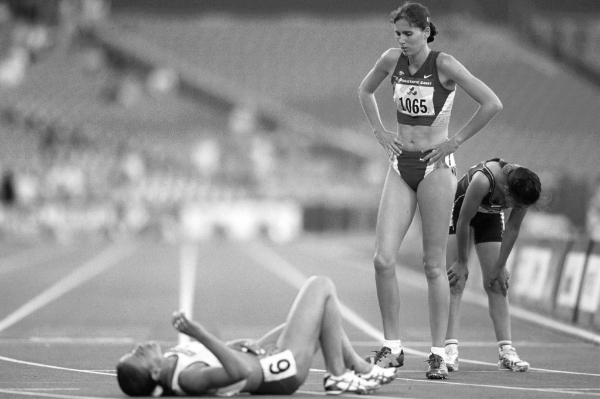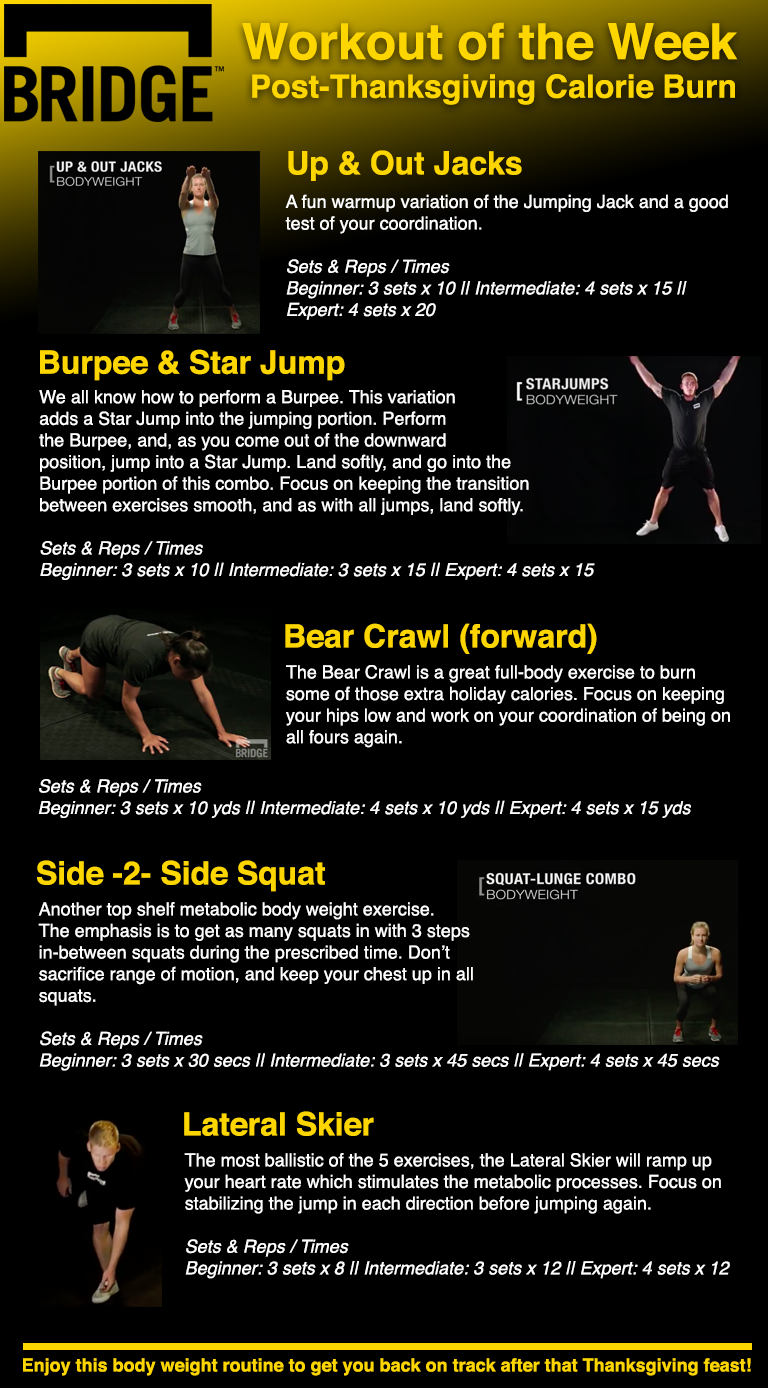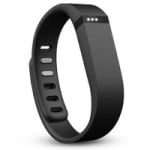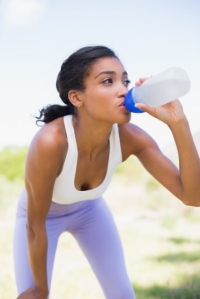Vitamin D: A Key Player in Bone Health, Sports Performance, & Recovery
By Dr. Emily Kraus on February 13, 2017
With the high amounts of snow and rain this winter, it’s been especially challenging to get outdoors, raising an important question: are you getting enough Vitamin D? Studies have found that 56% of athletes have inadequate Vitamin D levels.1 Vitamin D, commonly referred to as the “Sunshine Vitamin” is not only essential for normal body function, but new research on athletes demonstrates an important role in sports performance and injury prevention. This article will focus on how athletes acquire and metabolize Vitamin D, its effects on performance parameters, bone health and immunity, and the controversy of optimal levels and supplementation.
Read More
The season is just around the corner, but the winter weather hasn’t lightened up. During these dry, cold weather months, your training, recovery and game performance are affected by both mental and physical challenges. Try these tips to be ready to perform at the highest level even in the lowest temperatures.
Read More
How to Beat the Heat in Training and Competition: Part 2 - Hydration
By Dr. Emily Kraus on August 08, 2016
Part II: Hydration
The month of August brings the commencement of major international competitions and Fall sports practices. August also brings with it some of the hottest and most humid days of the year, which makes for a well-timed continuation of the discussion on how to optimize performance when training and competing in the heat. Part one focused on the benefits of heat acclimatization on thermoregulation for optimal performance, but proper hydration can truly make or break an athlete come game day. In this article, I will discuss why hydration is so important and then provide simple hydration strategies before, during, and after exercise.
Read MoreIn elite competition, the pool of athletes at the top is small, the margins of improvement narrow. What more can you do to maximize your performance when changes in your training and recovery methods are so incremental? Turn to your nutrition—the aspect of performance with a constantly evolving landscape. As research continues to inform our recommendations, it is up to you to determine your nutritional needs and how to obtain them. Let’s dive into what you need to know now.
Read MoreMuscle cramps can be a royal pain in the rear….and hamstring, calf, quad, … the list goes on. Even with the most disciplined training, fueling and hydration plan, a bad cramp can still find a way to hold you down on the day of a competition and completely change your performance. In fact, it is one of the most common medical problems encountered by competitors in an Ironman or any other ultra-distance event as well as affecting athletes of many other sports – especially during the conditioning phases early in pre-season training.
Read MoreEat too much during Thanksgiving dinner? Join the team. These five exercises can help you work off some of those excess calories, give you a boost of energy and get a full body workout and get you back on track the day after Thanksgiving.
Read MoreWearable Fitness Technology: What You Should Be Measuring | BridgeAthletic
By Megan Fischer-Colbrie on April 09, 2015
Wearable fitness technology is fast becoming an integral component of elite athletics. BridgeAthletic created this guide to help coaches and athletes make a well-informed decision on the fitness tracker that will give them a leg up on the competition. When deciding upon relevant parameters to measure for elite athletes, consider which metrics most closely relate to performance. Accessory measurements like steps taken or calories burned are interesting to know, but they do not directly apply to an athlete’s performance in a game, race, or event. Heart rate and sleep monitoring should provide key information to coaches and athletes to help them train with more specificity and efficiency.
Read MoreDid you know that dehydration occurs as easily in the winter months as it does in the summer? Shorter days and colder weather may have you fooled. Although you perspire more in summer workouts, the dry, cold air of winter can make you lose excess water each time you exhale, in the form of water vapor. This effect is even more pronounced at higher altitudes, whether you’re skiing or simply sitting. Let’s address your hydration habits in the winter.
Read More

